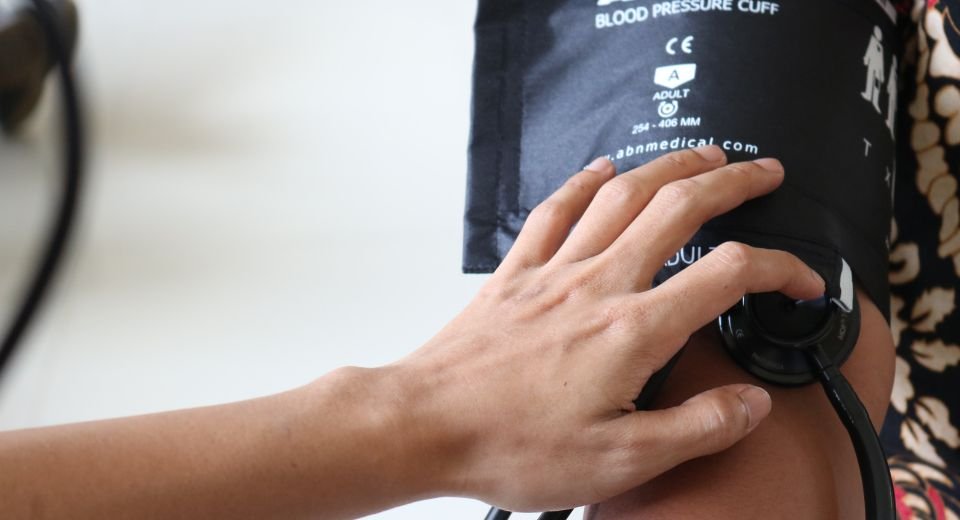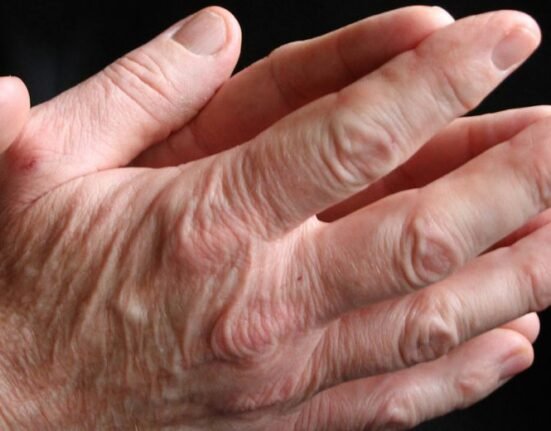HQ Team
September 7, 2023: Johnson & Johnson has decided to halt an experimental trial, in its final stages, on a drug to treat a form of hypertension, according to a company statement.
The company’s subsidiary, Janssen Pharmaceutical Companies, conducted a late-stage Phase 3 study to evaluate its trial drug macitentan 75 mg in patients with chronic thromboembolic pulmonary hypertension.
“The decision to stop the trial was made in accordance with a recommendation by the study’s independent data monitoring committee following a pre-planned interim analysis. No new safety signals were observed,” according to the statement.
The study was termed by the company as “futile” as it failed to improve exercising capacity in patients with the hypertension condition compared with the placebo.
The interim results of Maciteph study would not impact any of the company’s commercialized pulmonary hypertension medicines.
An additional Phase 3 Unisus study, which aims to establish the superiority of a 75 mg dose of macitentan over the currently available 10 mg dose in patients with pulmonary arterial hypertension, is currently continuing as planned, according to the statement.
Chronic thromboembolic pulmonary hypertension is a rare, life-threatening medical condition typically caused by old blood clots in the lungs. High blood pressure in the small blood vessels of the lungs is caused by blood clots and scarring.
With pulmonary hypertension and chronic thromboembolic pulmonary hypertension, the pressure is too high on the right side of the heart.
This leads to a backup of oxygen-poor blood. The heart then works harder to push it out to your lungs. Blood also takes longer to travel through your lungs, causing a drop in oxygen levels.
Symptoms of the condition include chest pain or tightness, dizziness, fainting, fatigue, heart palpitations and shortness of breath.
There are about 5,000 new CTEPH cases per year in the US, according to Cleveland Clinic.








